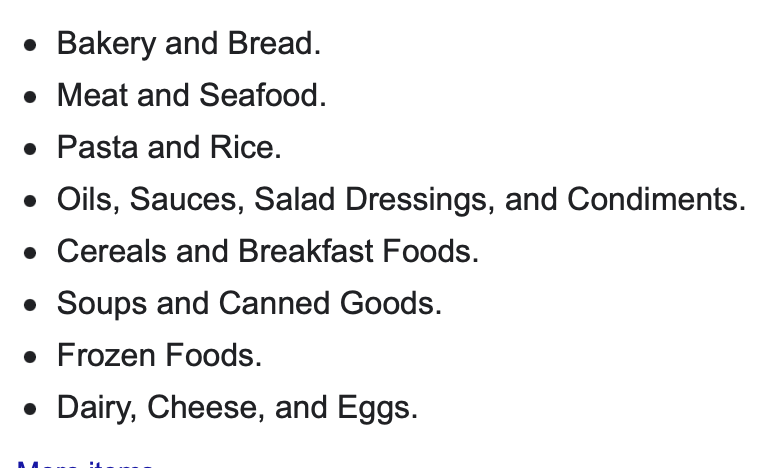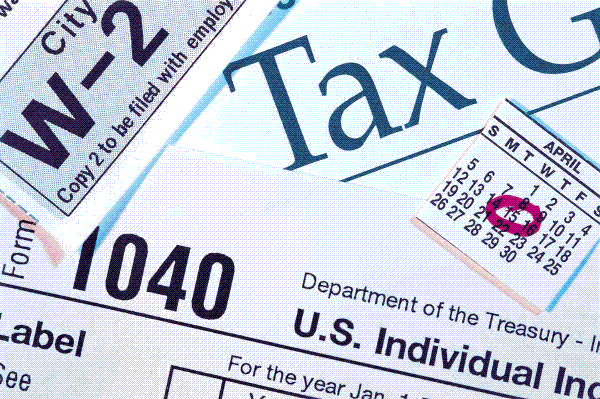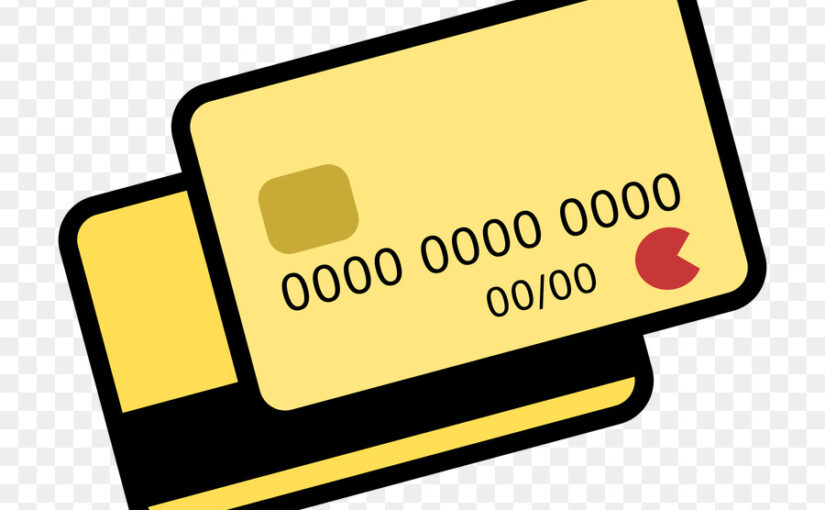Do you have questions about reporting your digital assets? Or if you even need to report them? Martha Waggoner for The Tax Advisor reviews and breaks down the latest instructions from the IRS in her article, Taxpayers reminded about digital asset question and income reporting. She begins by defining digital assets and then offers clear, point by point tips to consider when completing your tax forms.
Creative Ways to Spend Your FSA
As year end approaches, many people are looking for ways to use the last of their FSA (Flexible Spending Account) money. Two options that employers may offer include an extended period of up to two months into the new year to utilize funds or a rollover credit of up to $570. Check with HR to find out if your company offers these perks. Did you know that there are actually many, “fun” and needed products you can purchase as well? Sunscreen, high-end brands included, light therapy treatments, heating pads, allergy medicine, and prescription sunglasses all make the list of eligible items. Check out, Fun ways to spend your FSA before the end of 2022 to learn more and enjoy your shopping trip.
Bigger, Cheaper?
As two of the US largest grocery store chains prepare to merge in the name of big business and promised savings to customers, Benjamin Lorr for the LA Times ponders whether this historic model is actually sustainable. With a quick review of grocery market history, Lorr highlights the logistical issues of a constant growth scenario. He questions company’s practices in the name of savings and feels that bigger does not always mean better for shoppers.
Op-Ed: The grocery chain wars prove that the modern supermarket model isn’t sustainable
Growing Credit Card Debt
Some families were able to pay down credit card debt during the pandemic but in the last two years, with rising food and fuel prices many have had to return to credit card use. One family who had reached financial stability in 2020 has already maxed out two new cards for food and rent. Late fees, rising interest rates, global turmoil, and widespread job losses could add to the financial burden that may families experience in the coming months.
More debt, higher fees: Credit card borrowers face mounting burdens
The Positive Impact of the Child Tax Credit
Best way to help children? Give their families money. Farhad Manjoo for the New York Times Opinion discusses this idea and references recent studies that show how the Child Tax Credit helped by decreasing the child poverty rate in the US by 25%. The early payments also led to a reduction in the rates of food insufficiency in low-income households. Read more here, Biden Has Helped the Quiet Revolution of Giving People Money.
Should Crypto Currency Fall Under Securities Laws?
Gary Gensler, SEC Chair is proposing that those managing crypto entities register under the current securities laws. He points to the fact that, “Investor protection is just as relevant, regardless of underlying technologies,’ and that the purpose of the securities laws enacted by Congress was to oversee investments in any form. Read More here: SEC chair seeks increased regulation of cryptoassets, in the Journal of Accountancy.
College Tax Credits and Deductions
Are you a college student or parent of a college student? You may qualify for certain tax breaks, including the American Opportunity Tax Credit, the Lifetime Learning Credit, or the Student Loan Interest Deduction. Education savings accounts like Coverdell or 529 plans may also help manage college expenses. For a complete list of tax benefits for college students and parents visit: IRS Tax Benefits for Education Information Center. To learn more about these credits and how they may contribute to your tax savings, read: What to Know About Tax Breaks for College Students and Parents
Tax Increase to Ease Inflation?
The idea of raising taxes on the extremely wealthy and large businesses to help control inflation has been proposed. Would this really help and is controlling inflation the business of Congress or the Fed? Howard Gleckman for Forbes.com suggests that a tax increase on middle income would provide the most benefit but would not be seen as favorable. He also points to the fact that an inflation busting tax increase imposed on working families could add to their hardship and would be opposed by lawmakers on both sides.
Read more here: Should Congress Raise Taxes To Fight Inflation?
IRS Tax Scams
Named to the “Dirty Dozen” list of scams, “Spear Phishing,” has been highlighted in a press release issued by the IRS on June 9th. The agency warns that tax preparers and accountants may fall prey to these bogus emails that appear to be from tax preparation services alerting the recipient to unusual activity on an account. As stated in the article, they advise individuals to enjoy a well deserved break now that filing season is over but not to let down your, “IT defenses.” The article also offers this detailed list of further reading to help protect yourself and your business.
From the article, “For tips on cybersecurity for CPA tax practices, see Rood, “Professional Liability Spotlight: Don’t Get Victimized by a Cybercriminal,” JofA, October 2021; Odom, “Tax Clinic: Keeping Client Data Secure: How’s Your Cybersecurity Immunity?” The Tax Adviser, December 2021; and “Professional Responsibilities in Data Security for Tax Professionals,” AICPA Resources.”
Protect Your Credit Cards Online
Need a good way to keep your accounts safe online and protect from recurring membership charges after free-trials expire? Try Privacy.com, a free service that allows you to create one-time-use card numbers. Recommended by Wirecutter, NYTimes, Privacy.com makes money by collecting transaction fees from businesses so your private information is not at risk of being sold. Privacy employees Plaid to securely connect accounts and fund purchases. Since many businesses and websites are at risk of a security breach, having your card information in fewer places makes sense. This service also provides Firefox and Chrome extensions as well as iOS and Android mobile shopping Apps. The Easy Way I Protect My Payments Online and Keep Free Trials Free









